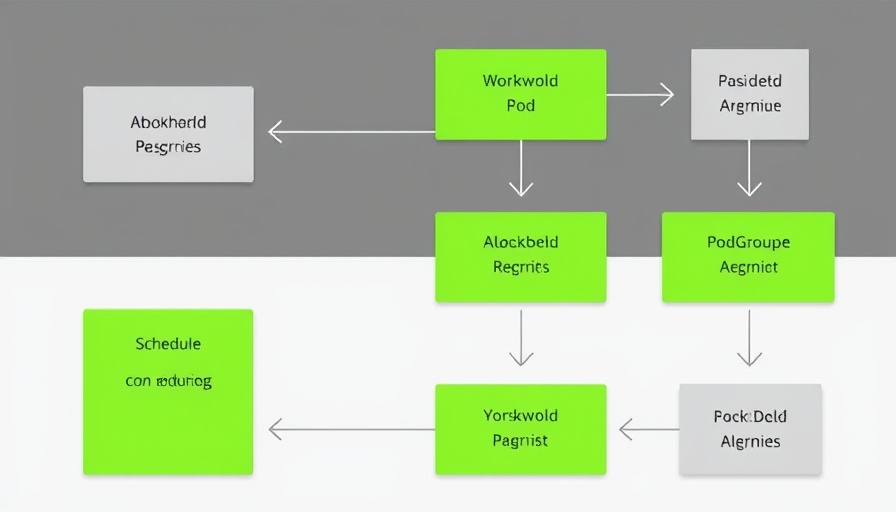
The Future of AI Chip Regulation: Seeking Balance
In an era where artificial intelligence is accelerating at an unprecedented rate, tech giants Nvidia and Oracle are urging the U.S. government to reassess its current limitations on AI chip exports. The request comes in response to regulations that they argue may hinder innovation, economic growth, and national competitiveness in a landscape dominated by technology.
Navigating the Complex Landscape of AI Development
As AI technology becomes more intertwined with various sectors from healthcare to transportation, the demand for advanced processing power grows significantly. Nvidia and Oracle stress that the current chip export controls place the U.S. at a potential disadvantage against rivals like China, where technological advancements are rapidly progressing.
The U.S. government's regulations were initially intended to preserve national security and ensure that cutting-edge technology doesn’t fall into the wrong hands. However, in the face of an evolving global market, some experts warn that overly restrictive measures could stifle innovation and drive AI development abroad.
Economic Implications of Regulatory Changes
The impact of these regulations could ripple through the economy. Nvidia, which plays a pivotal role in the AI ecosystem, argues that limitations on exporting their high-performance chips could lead to reduced revenue and investments in domestic operations. This scenario poses the risk of diminishing the U.S.’s status as a leader in technology.
Moreover, if domestic companies are unable to sell their products to international markets, it could encourage foreign competitors to catch up, reducing the technological edge that the United States currently holds.
The Global Race for AI Superiority
The global race for AI supremacy is not merely a question of technology but also of economic power and national security. China, for example, has ramped up its own efforts in AI, leading to fears among U.S. lawmakers that without an open and competitive environment for chip development, America might lag behind.
This leads to an essential question: How can the U.S. balance national security with fostering innovation? According to industry leaders, collaboration between government agencies and technology firms is crucial for establishing a framework that safeguards interests while promoting growth.
Potential Pathways Forward
One possible pathway suggested by advocates is the creation of regulatory frameworks that are adaptable and responsive to technological advancements. There’s growing consensus that engaging in dialogue with tech companies could lead to better policies that reflect the realities of the AI landscape.
With organizations like Nvidia and Oracle leading the charge, there's hope that discussions can pivot towards constructive solutions, helping to define what a sustainable and secure environment for AI technology might look like.
Understanding the Stakes: What This Means for AI Enthusiasts
For AI enthusiasts, the implications of these discussions are profound. Greater access to cutting-edge technologies not only enhances research opportunities but also fuels creativity and innovation. As the regulatory environment evolves, individuals passionate about AI must stay informed and engaged in these critical conversations.
Ultimately, how the U.S. navigates this complex landscape could have lasting effects on the future of AI and its countless applications. As stakeholders continue to advocate for change, the intersection of policy, innovation, and economic growth will be pivotal in shaping the AI frontier.
Call to Action: Stay Informed and Engaged with AI Developments
The ongoing discussions between major tech firms and the U.S. government are crucial for the future of AI innovation. As these events unfold, staying informed and engaged in the conversation can empower you to contribute meaningfully to the industry. Follow updates on this vital issue and participate in forums that aim to bridge the gap between technology and regulation.
 Add Row
Add Row  Add
Add 




 Add Row
Add Row  Add
Add 

Write A Comment